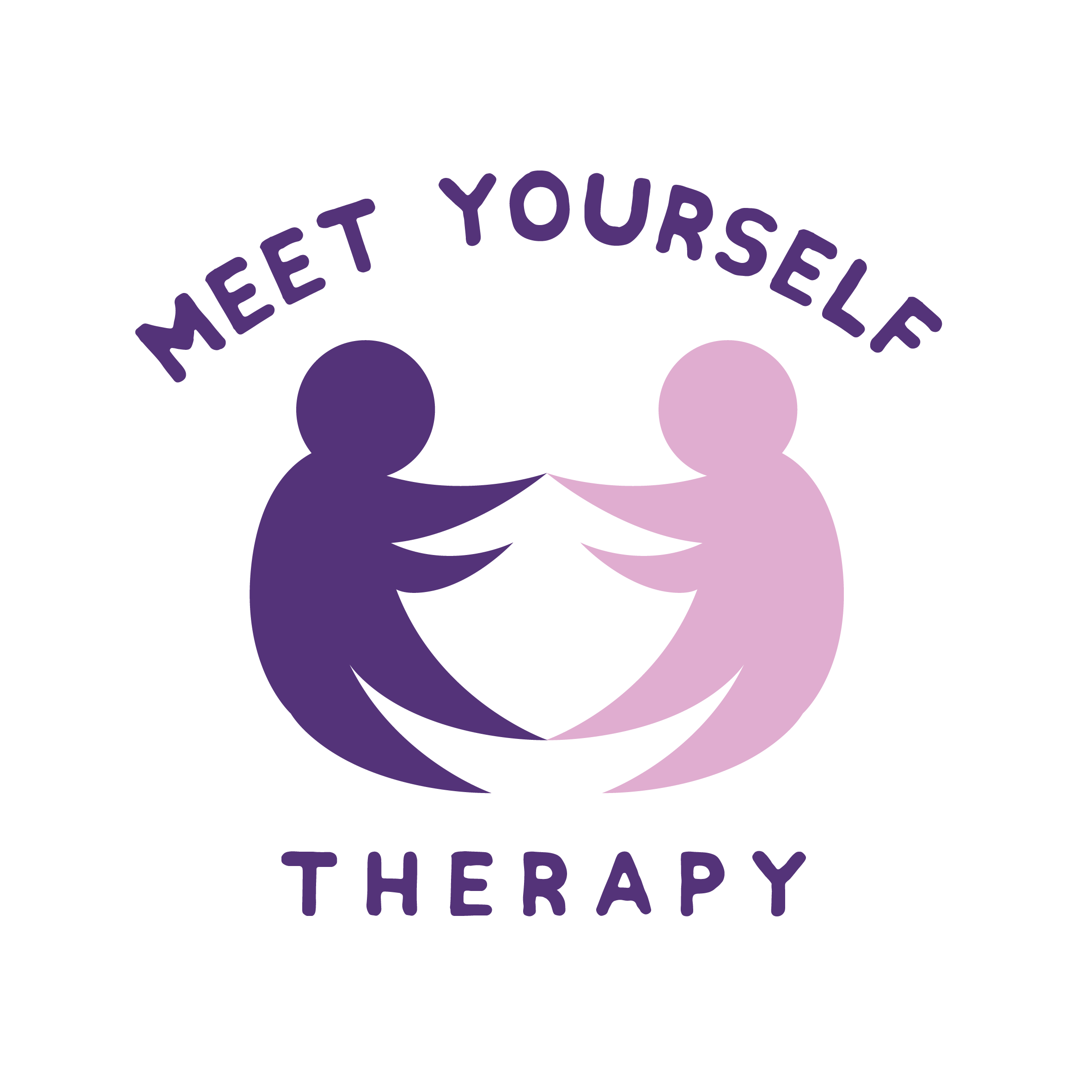How to instill emotional awareness & intelligence in children

What’s the most important part of a child’s education? If you think it’s English, maths, or science, you’re overlooking an invaluable skill, which has become essential in today’s stressful world – emotional resilience – the ability to respond to, and rebound from, stressful and challenging situations.

A core aim of Meet Yourself Meditation (MYM for children) is to develop emotional resilience in young people – using age appropriate meditation and activities.
A child’s growing brain exhibits neuroplasticity – the way it develops is shaped to a large extent by the child’s daily experiences. If a child experiencing anxiety is unable to regain calm, then those neural circuits become more ingrained, making the child more susceptible to stress, ADHD, depression, addictions, in later life. Conversely, children who are taught to calm their minds show greater strength in handling distress, better concentration and memory; improved communication skills. Self-acceptance, and the ability to regulate one’s emotions are vitally important throughout life – but the foundations for these are laid in childhood, making this a key stage for intervention.
Stress is something that most of us assign to the adult world, thinking of childhood as a carefree time of play, and learning through play. However, this rosy picture of childhood is far from current reality. The reality is that young children do worry and experience fears – whether it’s fear of the dark and monsters, or fear of being alone, fear of not being good enough, fear of failing, etc. Most adults underestimate how much children worry.
Influences such as peer pressure, social media; pressure to achieve at school; not feeling valued by parents or friends; arguments, bullying or being teased, all have an impact on the number of children experiencing stress. Increased use of tech devices (video games, internet, T.V. etc.) can further impact a young child’s mental development – reducing creativity, attention span, social skills; and overstimulating the mind, so that it becomes difficult to wind down and relax.
What happens if children are unable to calm themselves
Some of the ways stress may manifest in children include: ADHD, mood swings, defiance, disruptive behaviour, hyperactivity, inability to concentrate, falling grades at school, insomnia, eating disorders, self-harm.

A major study published in April 2015 by the Office of National Statistics (latest release April 2017) ‘Measuring National Well-being: Insights into children’s mental health and well-being’ showed that 1 in 10 children aged 5-16 years, or 3 in every classroom, have a diagnosable mental health problem, including stress, anxiety and depression. This figure has doubled between the 1980s and mid-2000s.
How can Meet Yourself Meditation (for children) help?
MYM is approved worldwide by IICT (International Institute of Complementary Therapists).
MYM is unique in that it is a Healing Meditation, which reaches beneath the layers of accumulated fears and conditionings, to release any destructive emotions or fears. It helps to heal any anxiety that the child may be holding on to.
- Gives children the feeling of being quiet and still – at peace with themselves – to know that it’s okay to have feelings, and be able to recognise and balance conflicting emotions, and thus manage stress.
- Teaches children to become aware of their thoughts, and understand how they influence their feelings, actions and responses.
- Trains children to stay centred in the present moment, away from fearful thoughts of past or future, in a place where they feel empowered. This invaluable skill can buffer them throughout life, against stress and challenges.
- Helps children to heal any emotional pain and fears; release themselves from negative feelings and responses.
In addition to improving physical and mental health, and general wellbeing, practising MYM will enable children to:
- Develop self-awareness and emotional stability
- Develop a strong sense of ‘self’ and purpose
- Cultivate empathy, and compassion for themselves and others
- Strengthen their sense of moral integrity
- Gain the confidence to believe “I can”
- Improve focus, motivation and self-discipline
- Live every moment with greater awareness and appreciation.


